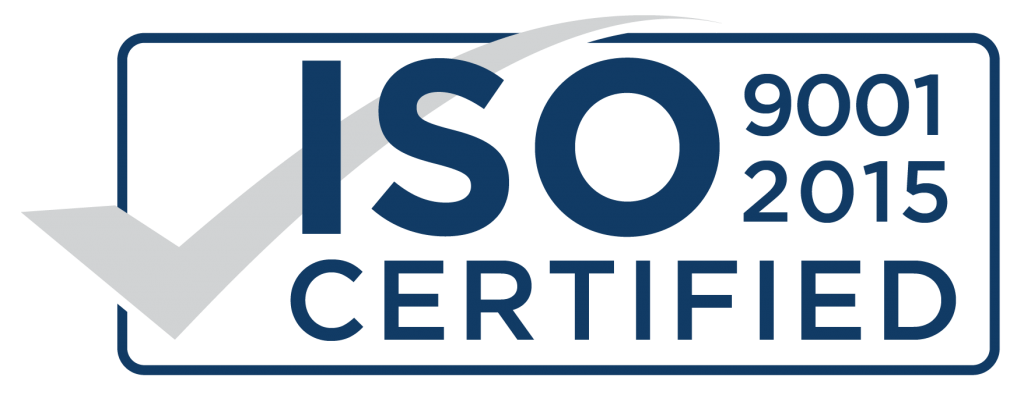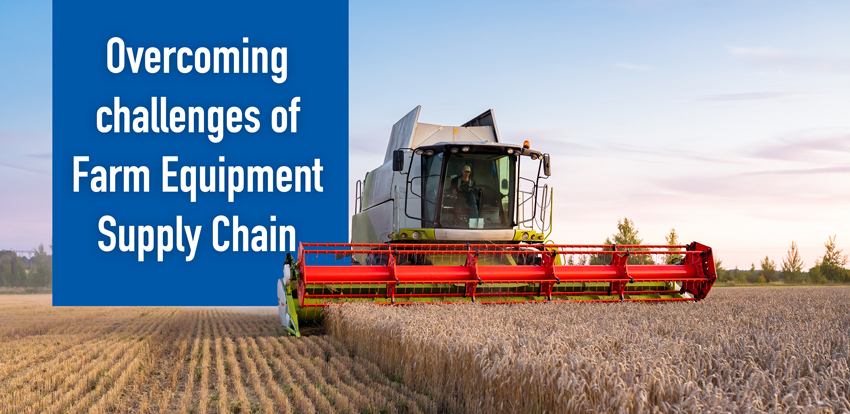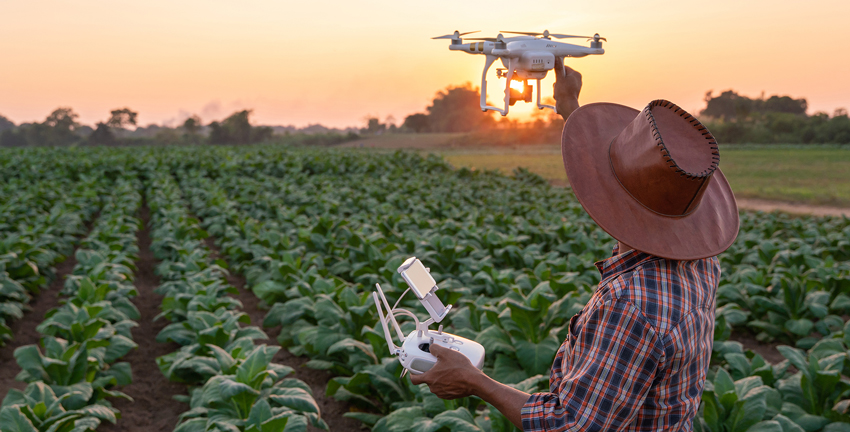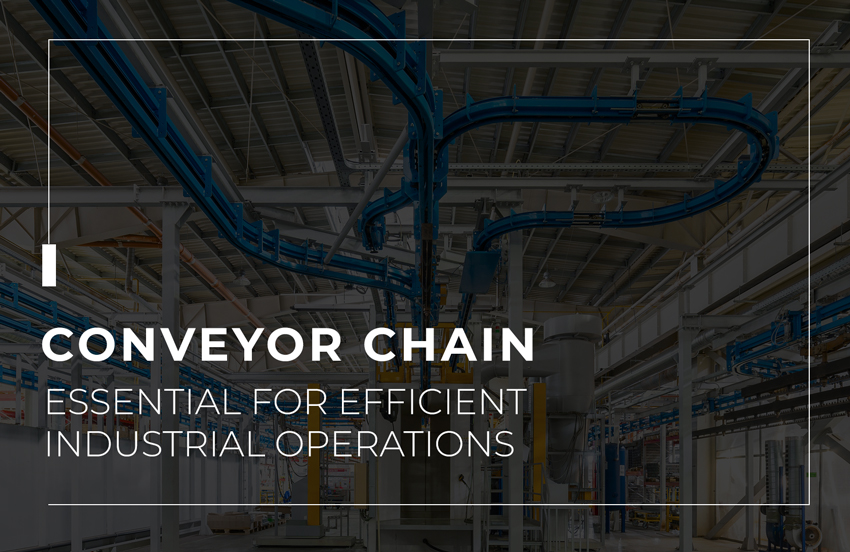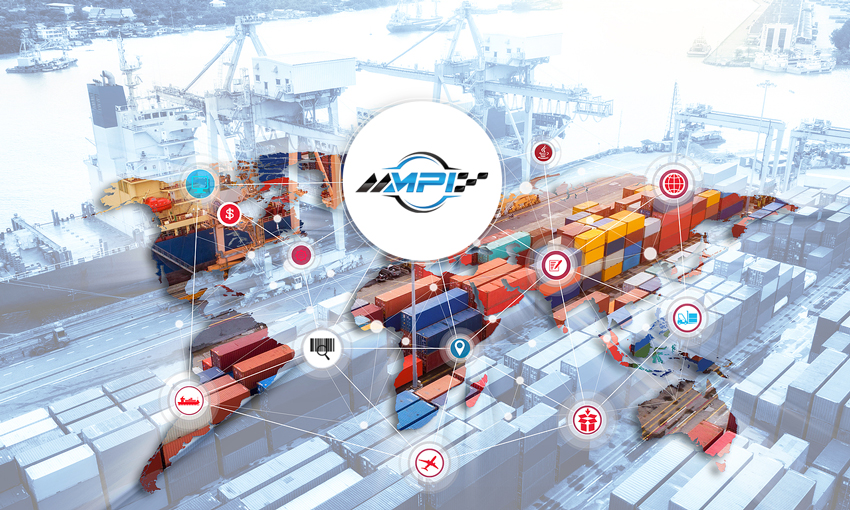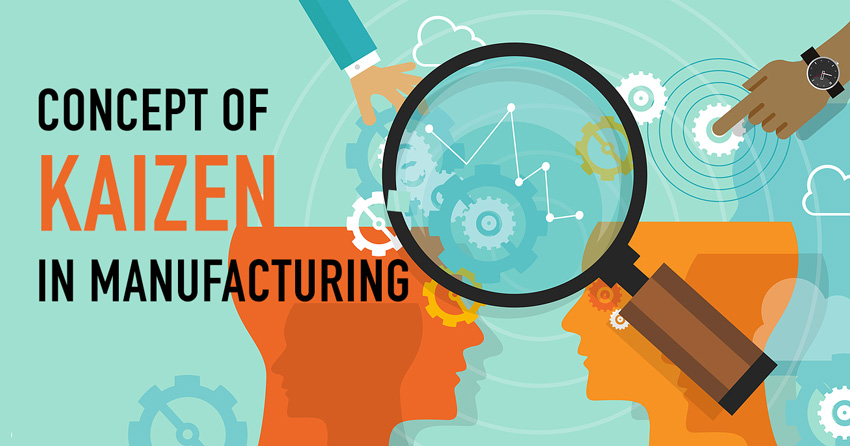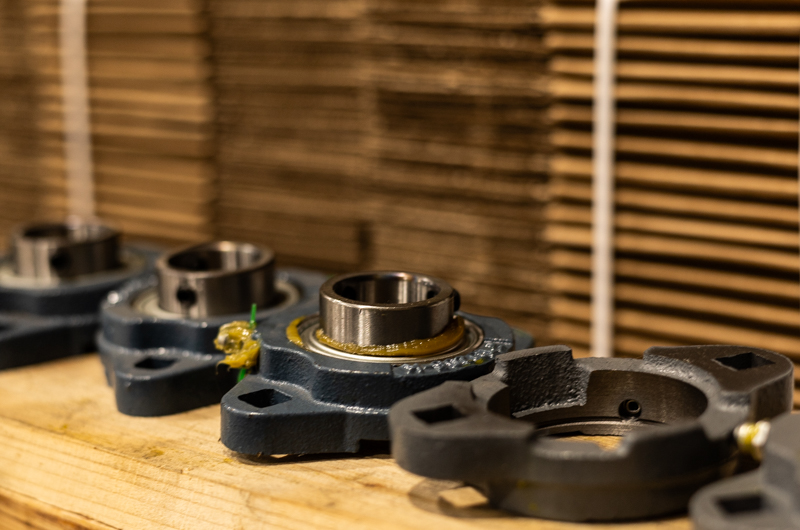According to McKinsey’s report, new technology has more than enough potential to resolve traditional challenges of farm equipment and improve supply chain processes. In fact, it is arguably the best approach to drive more growth and make supply chain processes highly efficient.
The same report highlights that future of the supply chain and farm machinery will depend on interconnectivity. In the past few years, there have been incredible innovations in modern farming machinery. These innovative solutions are the key to overcome traditional and existing challenges of the farm machinery supply chain.
You may not be aware of it but around 30% of food production across the globe is lost in the food supply chain. In fact, food waste amounts to over $680 billion in developed countries alone. By 2050, food supply chain losses will surpass $9.1 billion. The need of the hour dictates an urgent solution to resolve farming supply chain issues to mitigate the impact of food loss in the coming years.
Agriculture and Supply Chain
Agriculture supply chain elements revolve around suppliers, farmers, distributors, processors, consumers, and stakeholders. Since there are way too many parties in the supply chain, it makes investments riskier and turns supply chain processes complicated.
The harsh reality of agriculture is its overdependence on external factors. Whether it’s diseases, pests, or unpredictable weather, it is hard to control supply chain processes in agriculture that making it harder to set new targets.
Unfortunately, it leads to redundant traceability in the supply chain loop and slows down financial transactions. Not to mention, intensive manual operations create more challenges around the farm machinery supply chain. You’d be surprised how counterfeits pop up in different stages of the agriculture supply chain. It creates a negative impact on governments, consumers, and business stakeholders.
Utilize Digital Technologies to Build a Highly Resilient and Robust Supply Chain
Using a variety of advanced technologies, agriculture players can turn farm machinery supply chain issues into opportunities. Through digital technologies, you can boost agriculture efficiency and productivity to new heights. In fact, you can digitize many field operations and maintain impressive farming practices. Integrate equipment with intelligent tools to extract the more accurate actionable insights from supply chain processes.
Agriculture Finances
In a digitized world, the farm machinery supply chain is still subject to traditional rules. In fact, it is time to move on for agriculture players and simplify their agriculture finances to make supply chain processes efficient. For instance, stakeholders can use blockchain to make agricultural transactions, financial agreements, and credit history more transparent. A blockchain-based supply chain will also enable small-time farmers to gain shared access and take care of machinery and raw material expenses easily.
Use Artificial Intelligence
The good news is that there are many use cases of essential technologies that can overcome the key challenges of the farm machinery supply chain. Like other industries, artificial intelligence can transform agricultural supply chain processes.
For instance, farming stakeholders can use AI to reduce losses in the post-harvest period. Ideally, there should be more use of AI applications to forecast accurate environmental impact and make logical harvesting decisions.
Farming stakeholders can count on these applications to develop patterns and analyze data for other farmers. Today, many agriculture-centric tech firms offer predictive AI systems that can forecast farming machinery storage conditions.
Moreover, the same systems can recommend suitable preventative guidelines to make sure stored items rot over time. The fact of the matter is that the labor force has always been a challenge in farming. But through AI-based machines and robots, stakeholders can make crop harvesting more productive and minimize the extraneous costs at the same time.
Traceability in the Agriculture Supply Chain
With active and flawless traceability, companies can keep an eye on the economic, social, and environmental consequences of farming production and supply chain processes. Traceability also allows companies to meet increasing demand and ensure transparency across production and supply chain processes.
Without traceability, companies wouldn’t be able to maximize revenue, capitalize on opportunities, or gain access to a wider market. In 2021, major brands that prioritize consumer needs will have to improve their farming-based supply chain processes. It’s the best way to make a wide range of products available in the market.
When it comes to traceability of farm-to-shelf, farm-supply chain companies have become more indispensable. It’s not just about product safety, security, scalability; it’s about levering the best tracking tools to make supply chain processes in farming more efficient. Intelligent tools can strengthen the entire supply chain process and will help companies earn the interest and loyalty of more consumers.
Eliminate Counterfeit and Fraud Activities from Supply Chain
It is high time to cut out counterfeit and fraud activities from the farming supply chain processes. With blockchain supply chain, agricultural businesses can make sure that a product has been through strict guidelines and organic principles to reach the shelf. It will allow consumers to scan the product’s QR code and verify the organic level of their products in real-time.
Lackluster tracking is another issue that haunts farm-based supply chain processes. United Nations reports that counterfeit costs in the agriculture supply chain are close to $40 billion each year. With a blockchain tracking system, you can minimize the chances of potentially counterfeit and fraudulent activities.
Summation
Like digital healthcare, there should be a vision to make digital agriculture a reality. It is the best way to resolve farm machinery supply chain challenges. In near future, farming is bound to get more challenging and new tech solutions can minimize the distress of farming players.
After the pandemic crisis, it is more crucial to overcome challenges associated with the farm machinery supply chain. The key is to make the most out of modern technology and digital solutions to make the supply chain highly resilient.
With new tech tools, it would make it easier for stakeholders to create a more robust supply chain process and tackle key challenges. In retrospect, stakeholders will need to think beyond individual needs and open up a new supply chain value to boost innovation.

Resourceful and innovative Marketing Pro, with 20+ years of progressive experience in the marketing and creative technology industry. Responsible for digital and traditional marketing efforts that promotes brand awareness, increases engagement, and drives revenue.

